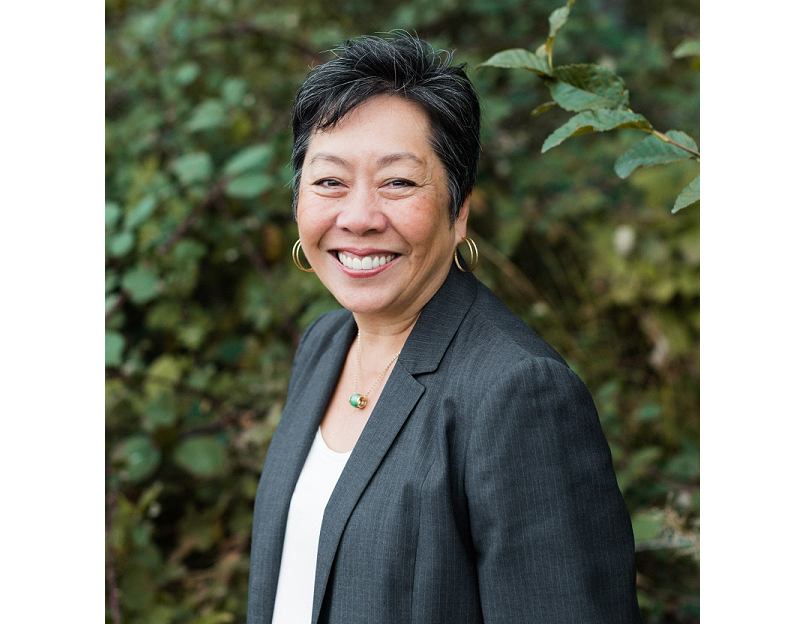Washington State Joins Age-Friendly and Dementia-Friendly Networks
June 10, 2024 at 2:37 p.m.
During Older Americans Month, Governor Jay Inslee announced that Washington state has joined the AARP Network of Age-Friendly States and Communities and USAging's Dementia-Friendly America networks. This significant step is a testament to our state's commitment to helping our residents age gracefully and thrive in their communities. These designations result from a collaboration between Washington State's Department of Health, the Department of Social and Health Services, and the Health Care Authority.
"We congratulate Washington as it becomes the twelfth state in the nation to enroll in the AARP Network of Age-Friendly State and Communities," said Marguerite Ro, AARP Washington State Director.
 Marguerite Ro
Marguerite Ro
"Washington has received national recognition for our innovative efforts to help Washingtonians age confidently. We look forward to supporting DOH, DSHS, and HCA as they work to create a more livable and inclusive community for people of all generations."
By aligning with these global age- and dementia-friendly initiatives, Washington State is will have access to a wealth of expert resources and technical support. This support will be instrumental in identifying and promoting policies and initiatives that enhance longevity, health, and engagement. From healthy food and transportation to culturally appropriate services, recreation, and social activities, these collaborations offer a promising future for our aging population.
"These programs advance Washington's commitment to inclusivity for all," says Governor Jay Inslee. "This collaboration will ensure more communities around the state have opportunities to provide improved quality of life for each resident. Our state recognizes the dignity of every Washingtonian, across all ages and abilities."
Enrollment in the Network requires communities to assess their age-friendliness, identify improvement strategies, and implement them over time. As part of this process, Washington State is committed to ensuring that the voices of residents 50 and older are included.
This statewide commitment builds on the efforts of cities like Puyallup, Seattle, Tacoma, Renton, and White Salmon, which have embraced age-friendly projects and initiatives like promoting safe and walkable streets and providing an array of housing options and ways for residents to become and stay involved in the community.
For example, the Puyallup Public Library created an Aging Resources Center, which includes fiction and non-fiction books, information on community events, and weekly visits from Celebrate Seniority volunteers to help visitors find information. At the same time, communities like Eastsound (Orcas), Spokane Area, and Seattle have adopted dementia-friendly practices. For example, Seattle Parks and Recreation's Lifelong Recreation program includes dementia-friendly recreation opportunities for people with memory loss, including Art in the Park, Memory Loss Zoo Walks, and more. Also, through Washington State's Dementia Action Collaborative, 24 counties are leading Dementia Friends programs, a global movement changing how people think, act, and talk about dementia.
Joining the age- and dementia-friendly networks will build on Washington state's commitment to supporting residents as they age in the setting of their choice, including their own homes. Well-designed communities foster economic growth and make for happier, healthier residents of all ages.
The AARP Network of Age-Friendly States and Communities, established in 2012, supports the work of local, regional and state governments as they prepare for the nation's changing demographics. The network includes towns, cities, counties, and states committed to making life more livable for all ages, especially older adults. It provides a platform for sharing best practices, access to expert resources, and opportunities for collaboration.





